Ticks Are Taking Over City Parks But Here’s How To Avoid Them
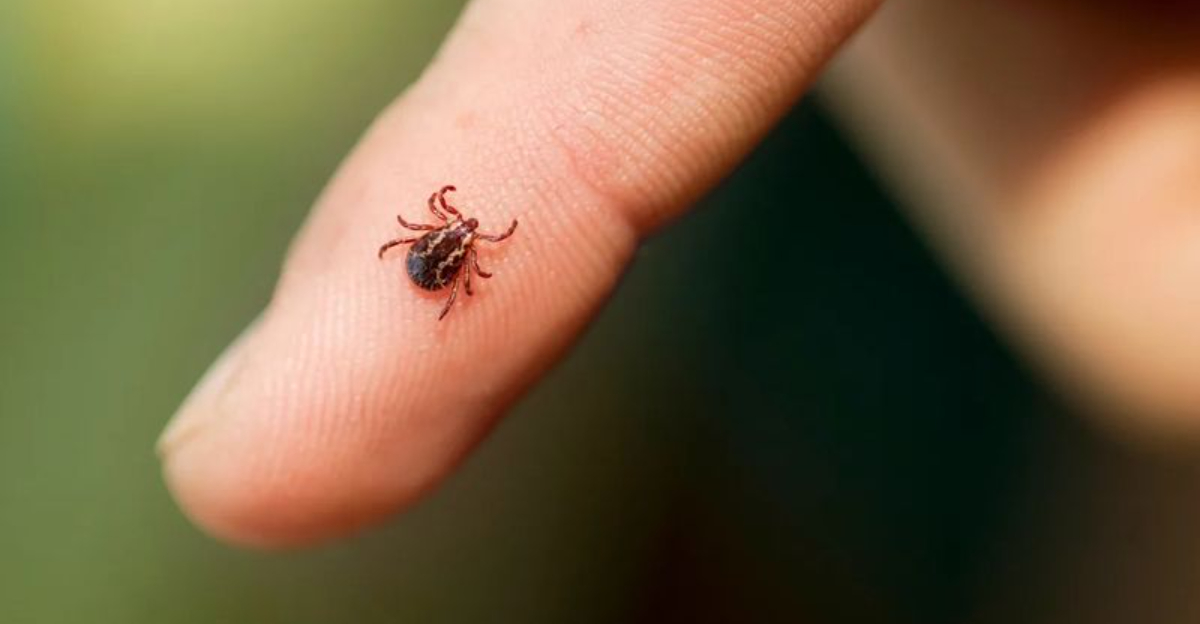
Ticks are becoming a growing problem in urban green spaces across the country. These tiny parasites can transmit serious diseases like Lyme disease and Rocky Mountain spotted fever.
As more city dwellers head to parks for recreation, knowing how to protect yourself from these unwelcome hitchhikers is essential for enjoying the outdoors safely.
Stay On Paved Paths And Avoid Tall Grass
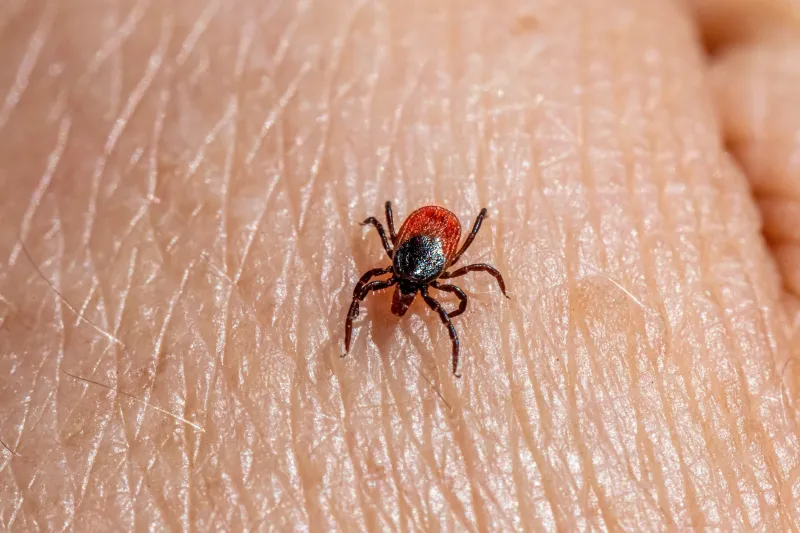
Ticks are ambush predators that wait on grass tips and shrubs for hosts to brush past. They can’t jump or fly, but they excel at grabbing onto clothing or skin when you walk by.
Sticking to center of paved paths significantly reduces your exposure risk. If you must venture off-trail, wearing closed shoes and long pants creates an important physical barrier between your skin and these crafty parasites.
Wear Light-Colored Clothing
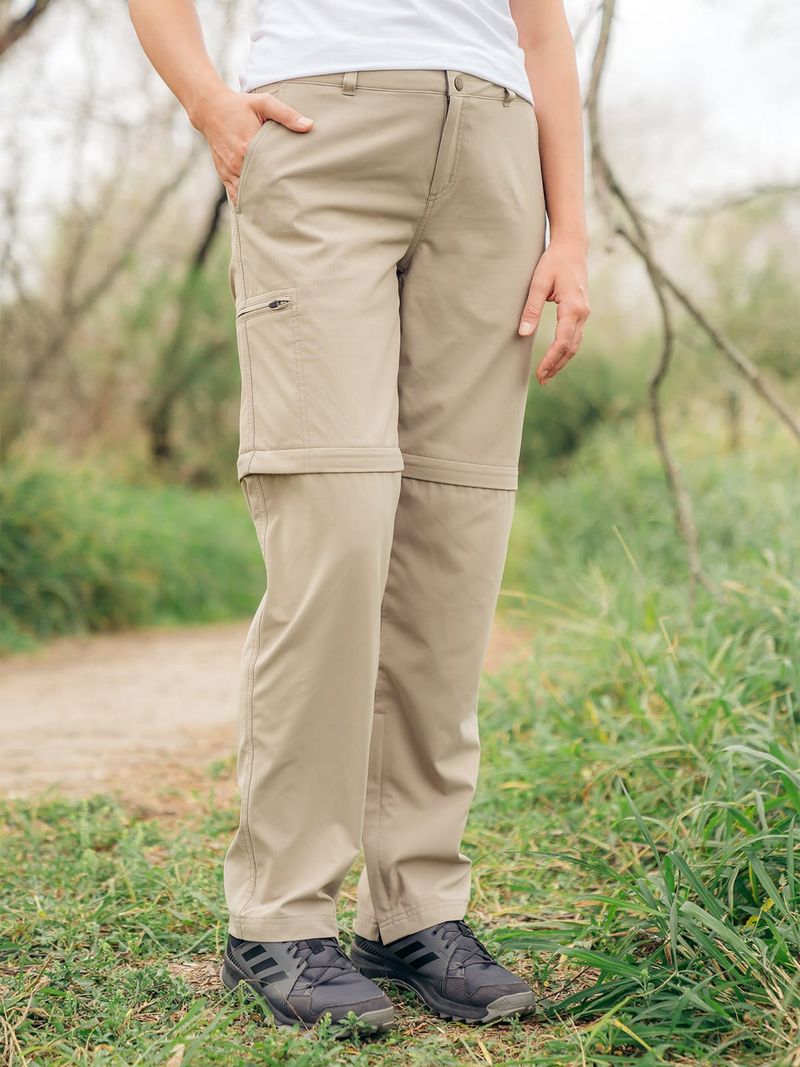
Dark-colored ticks become nearly invisible against dark fabrics. Light-colored clothing transforms this camouflage advantage into a disadvantage, making ticks stand out like tiny moving specks against the fabric.
Long-sleeved shirts and pants tucked into socks create a physical barrier that forces ticks to crawl over more territory to find skin. This extended journey increases the likelihood you’ll spot them before they attach.
Use Tick Repellent
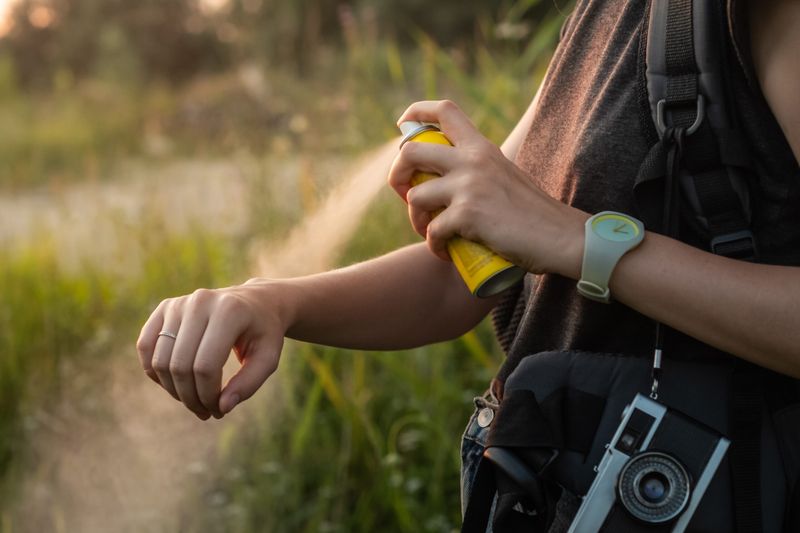
Chemical barriers provide excellent protection when physical barriers aren’t enough. EPA-registered repellents containing DEET, picaridin, or oil of lemon eucalyptus create an invisible shield that deters ticks from latching onto you.
For maximum effectiveness, apply repellents to clothing and exposed skin before entering tick territory. Permethrin-treated clothing offers an extra layer of defense, as this compound actually kills ticks on contact rather than just repelling them.
Check Yourself And Your Pets After Being Outdoors

Ticks love hiding in warm, moist areas like armpits, groin, behind ears, and in hair. A full-body inspection using a mirror helps catch these sneaky parasites before they embed themselves.
For pets, run your hands through their fur against the grain while applying gentle pressure. Pay special attention to ears, between toes, and under collars where ticks often congregate. Remember that ticks can hitchhike into your home on pets, then transfer to human hosts.
Shower And Change Clothes After A Park Visit
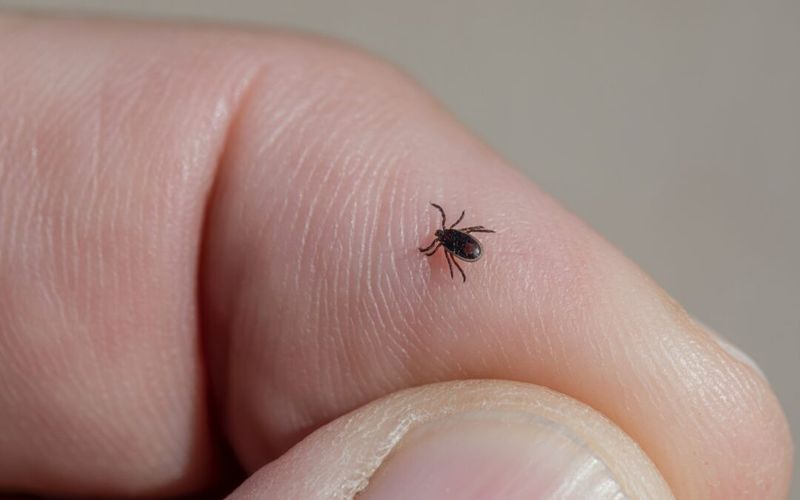
Ticks don’t immediately attach when they land on you. A prompt shower can wash away unattached ticks before they find a suitable spot to feed.
The water and physical scrubbing dislodge these crawling creatures before they can dig in. Placing worn clothes directly into a hot dryer for 10 minutes kills any lingering ticks. This simple habit dramatically reduces your risk of tick-borne illness after enjoying urban green spaces.
Keep Your Pets On Tick Prevention Treatments
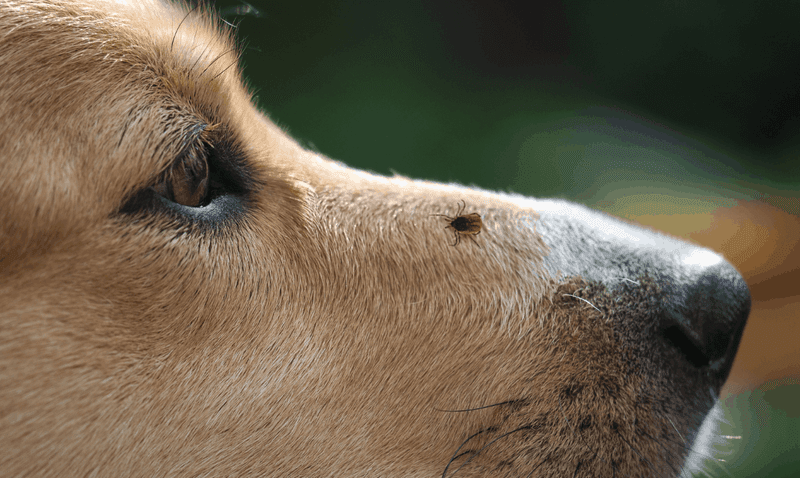
Furry friends are tick magnets in urban parks. Their fur provides perfect hiding spots and their ground-level adventures take them right through tick territory. Monthly preventative treatments create a protective shield that repels or kills ticks before they can attach.
Consult your veterinarian about options like oral medications, topical treatments, or specialized collars. These solutions offer continuous protection even when your vigilance might lapse during a fun day at the park.
Avoid Parks During Peak Tick Season
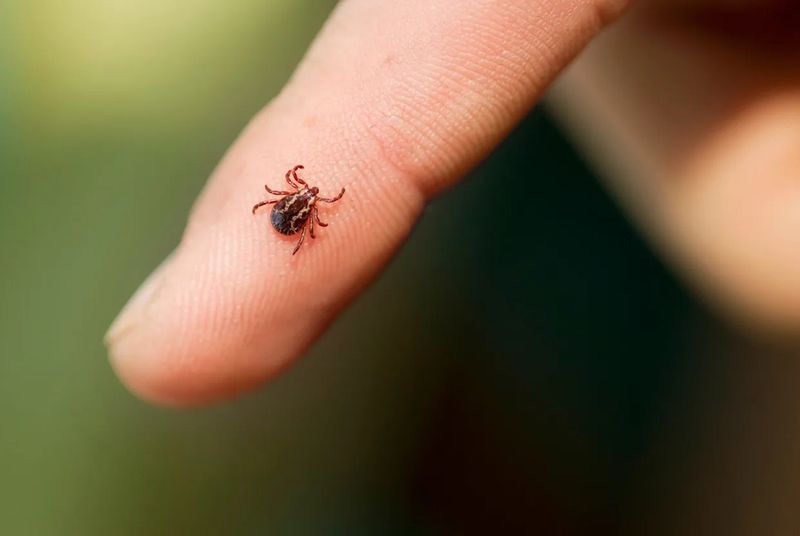
Timing your park visits strategically can significantly reduce tick encounters. These parasites become most active during warm, humid periods – typically late spring through early fall in most regions.
Early morning visits when grass is still dewy tend to be safer as ticks dislike wet conditions. Winter park outings offer nearly tick-free enjoyment in most climates. When planning activities during peak season, consider fully paved urban plazas instead of grassy parks.






